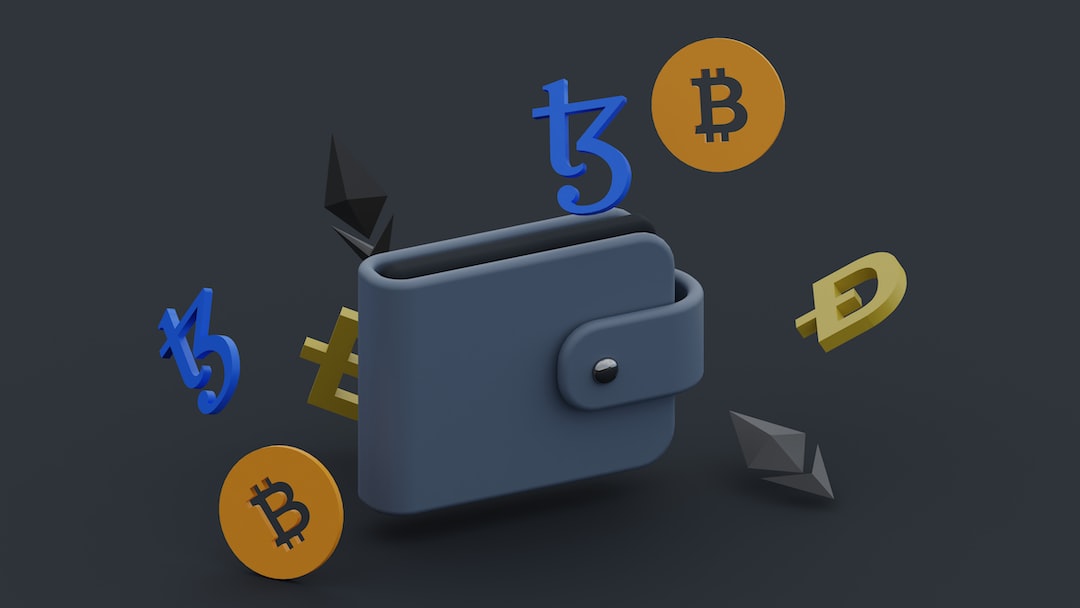The CEO of FTX Denies Defrauding Customers
Sam Bankman-Fried, the CEO of the collapsed crypto exchange FTX, has finally spoken out following weeks of testimonies by his former employees. He firmly denies defrauding FTX customers or taking advantage of their money. However, he admitted that FTX did not turn out to be the innovative entity he had hoped for and that there were mistakes made, including a lack of oversight and a missing risk-managing team.
Bankman-Fried’s Testimony
During his testimony, Bankman-Fried discussed his background, previous job at Jane Street, and the founding of Alameda Research and FTX. He revealed that the original plan for FTX was to build a crypto derivatives exchange and sell it to an existing spot exchange like Binance. However, Binance ended up building its own derivatives platform, which prompted Bankman-Fried to launch FTX himself.
“Erroneous Liquidations”
Bankman-Fried explained that there were issues with FTX’s algorithm for liquidating leveraged positions underwater. This could lead to “erroneous” liquidations that would wipe out positions held by Alameda Research, the main market maker on FTX. To address this, Bankman-Fried instructed his top officers to implement mechanisms to prevent such liquidations.
Different Accounts
Bankman-Fried’s account differs slightly from that of his subordinates. He claims he did not know the specifics of the feature implemented by Gary Wang and Nishad Singh to fix the issue. Only after listening to all testimonies did Bankman-Fried realize that it allowed Alameda to post orders with no collateral and have a negative balance without liquidation.
The Role of Alameda
Bankman-Fried stated that he was not aware of Alameda holding FTX users’ funds and borrowing them freely. He admitted that his understanding of the situation could have been better. He also mentioned stepping down as CEO of Alameda but remaining involved in its trades, venture capital deals, and risk management.
Hot Take: Bankman-Fried’s Defense
In his testimony, Bankman-Fried presented his side of the story, denying any fraudulent activities and taking responsibility for mistakes made at FTX. He acknowledged the lack of oversight and risk management within the company. While his account differed slightly from that of his subordinates, he expressed a lack of knowledge regarding certain actions taken by Alameda Research. Bankman-Fried’s testimony shed light on the challenges faced by FTX and the complexities involved in running a crypto exchange.





 By
By
 By
By
 By
By
 By
By
 By
By